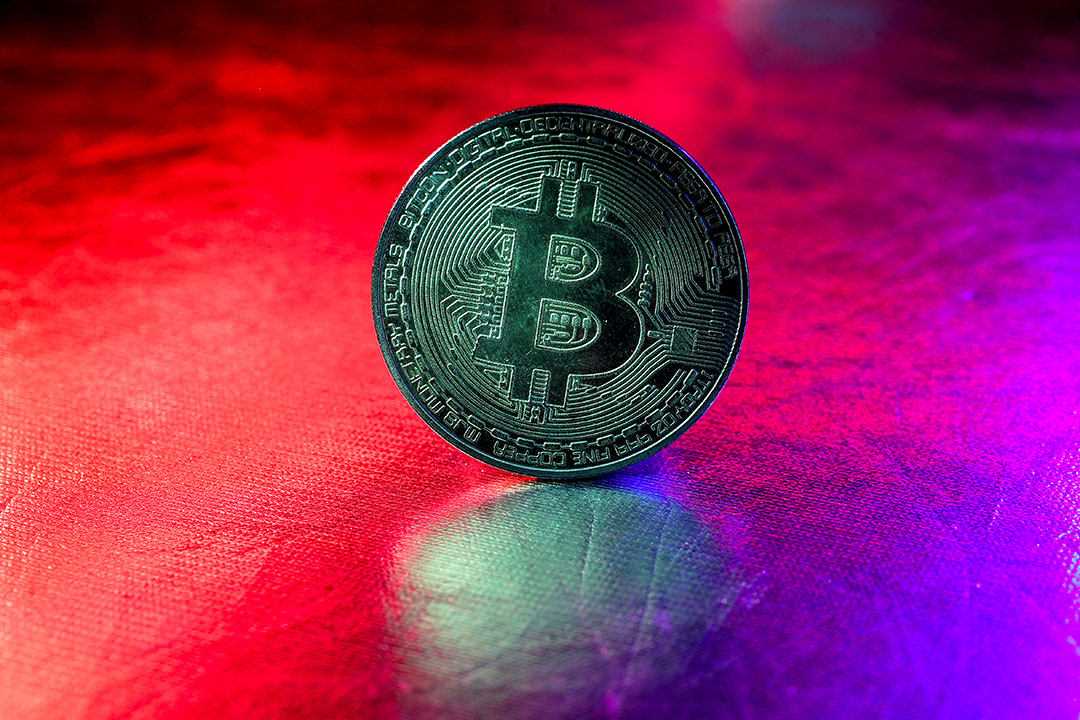

Some of the more bizarre responses to my article arguing that Bitcoin should be banned (or at least regulated) were the denials by correspondents that Bitcoin and other crypto currencies are used by criminals. One argued that “flat currencies” like our green $100 bill were the domain of criminals.
Well of course, criminals use cash. That’s no secret, and one of the reasons why there are so few $100 bills in circulation – I can’t remember the last time I saw one. The other reason is that they are stashed in mattresses by hoarders and others who don’t like the idea of “Government” knowing all about them.
But using cash, which is hard to launder and subject to a limit of $10,000 before a report is filed by the bank, casino or gold dealer to the regulator AUSTRAC, is for second and third tier crims. The big boys, who have millions of dollars to manage, are using crypto.
Speak to any company who has been involved in a denial of service attack or similar extortion threat. It is always payment by bitcoin. The dark web thrives on payments by crypto.
The other problem with crypto is that it is being used to avoid tax. Just like the “cash economy”, the tax authorities can’t see who is being paid and for what purpose. Transactions can’t readily be traced. Just the other week, the US Inland Revenue Service Commissioner Charles Rettig told a Senate Committee that “the US fails to collect as much as $1 trillion in taxes owed each year in part due to the explosion in cryptocurrencies, which are difficult for the agency to track and trace”.
I have no sympathy with people who won’t pay their fair share of tax. If we can afford it, then it is our obligation to pay because we depend on Government for services. Just because Governments don’t always spend the money wisely doesn’t give us the right not to pay.
The tradie, builder or shopkeeper who offers a discount “for cash” because he/she doesn’t want his/her true turnover being reported to the ATO is a sham. Substitute “crypto” for cash and it is just as bad. If the transactions can’t be tracked or reported, then the authorities are being denied millions of dollars in GST, income and company taxes.
There is no denying that crypto currencies are based on superior technology. Being the first “real world” application of the blockchain technology, they are infinitely more secure than the digital transfer of an account balance between two banks. But given the enormous amount of computer power to initially mine the currency and then update the digital register when a transfer occurs, they are certainly not environmentally friendly.
They haven’t yet demonstrated that they are a reliable and stable ‘store of value’ – one of the hallmarks of a trusted system of exchange. While they have in the main been appreciating ‘stores of value’, they are subject to wild swings in value. Last weekend’s plunge in the value of Bitcoin by around 15% is the latest example of the volatility – and the enormous speculative bubble that is developing.
I am not against cryptocurrencies and they are not going to be banned. It is way beyond this point. Further, they provide a competitive alternative to traditional bank international payments – and will pressure banks to lower fees and reduce foreign exchange spreads. But they do need to be regulated and placed on the same footing. Money laundering attempts should be reported, GST charged on purchases involving cryptocurrencies and the ATO should have access to transaction records so that avoidance of income or company taxes is minimized.
Regulation is likely to be accompanied by Governments and Central Banks introducing their own crypto-currencies. According to The Australian Financial Review, the British Government and the Bank of England have set up a taskforce to create a digital sterling or ‘Britcoin’ using blockchain technology. Central Bank Digital Currencies (CDBC) are actively under review by our own Reserve Bank and the European Central Bank, the latter looking at creating a eurozone CDBC. The Chinese are understood to be rapidly progressing a digital yuan, while Facebook is planning a digital currency called Diem that may be available to its 2.8 billion users.
We should recognize that cryptocurrencies are an application of a technology and use them to make payments more efficient, cheaper, and reliable. We don’t want to make it easier for criminals, nor for others to avoid paying their fair share of taxes. The explosion in interest in cryptocurrencies and the developing speculative bubble means that there is now an urgency for Central Banks to accelerate the launch of their digital currencies.